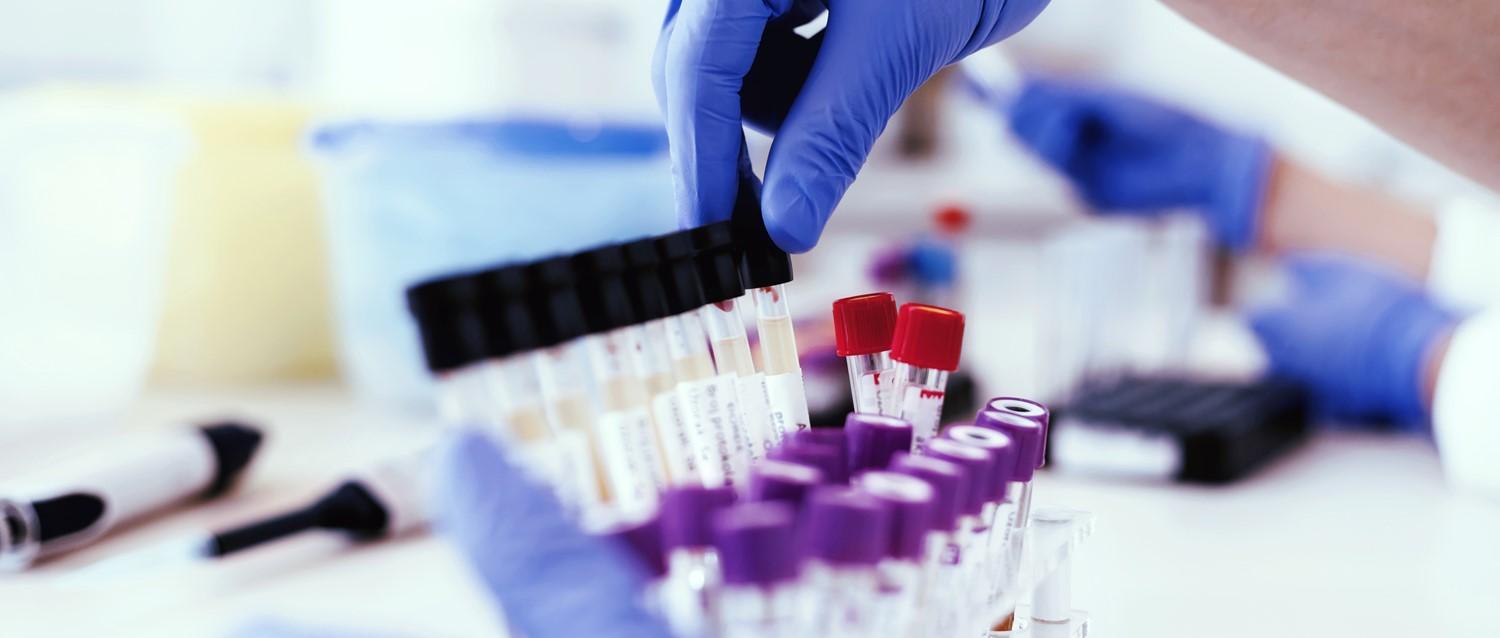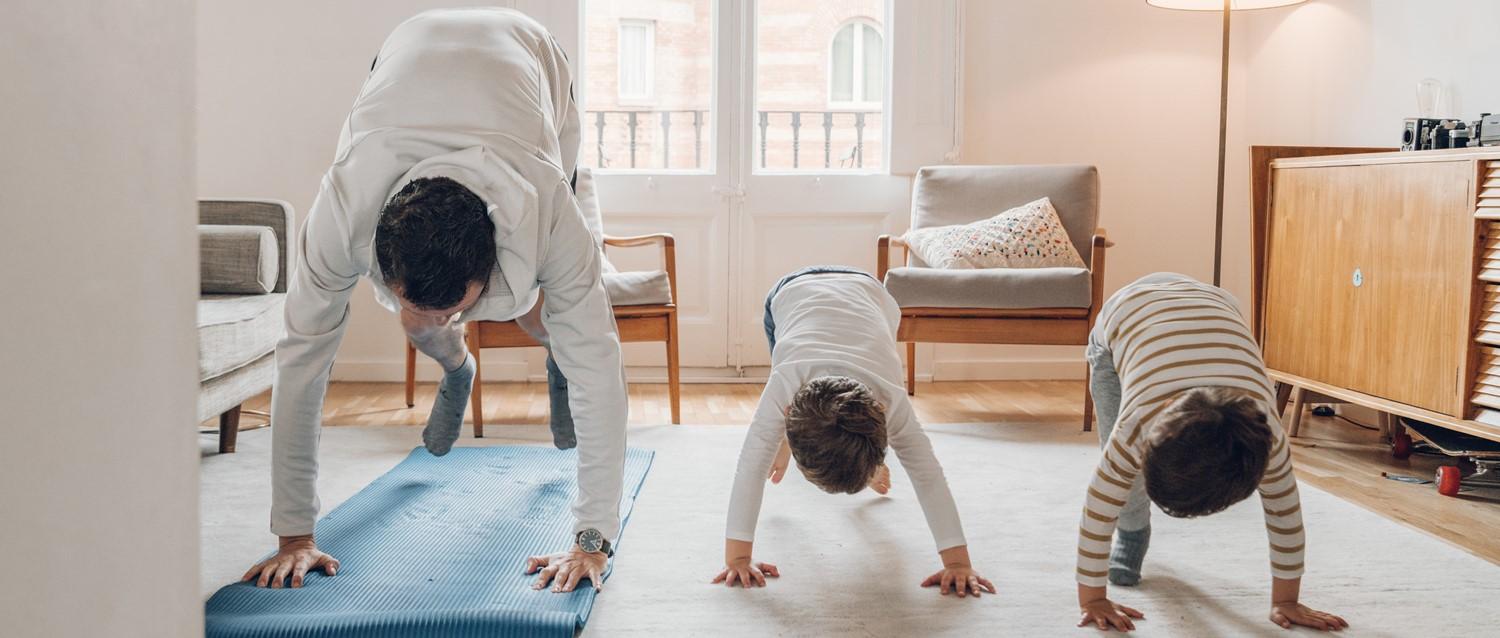
COVID-19: can I get tested for coronavirus?
Peer reviewed by Dr Sarah Jarvis MBE, FRCGPLast updated by Milly EvansLast updated 6 Apr 2020
- DownloadDownload
- Share
Right from the beginning of the coronavirus outbreak, testing has been front and centre of many countries' responses to the pandemic. As cases of COVID-19 increase, the UK government plans to offer new tests to patients and healthcare workers across the country.
In this article:
Use Patient's coronavirus checker tool if you have any symptoms of fever or a new cough. Until you have used the tool and been advised what action to take, please stay at home and avoid contact with other people.
The international community agrees fairly unanimously that testing people for coronavirus is critical to any country's fight against the spreading pandemic. Yet the UK Government took a different approach when they stopped testing people with mild symptoms. Now, as tests are bought and prepared to be distributed to critical groups around the country, should you get tested?
Continue reading below
What are we testing for?
There are two types of testing for coronavirus:
An antigen test to find out if you currently have coronavirus; and
An antibody test to find out if you have previously had coronavirus and have immunity.
The coronavirus antigen test involves a swab being taken from your nose and/or throat and tested in a lab. This is the test which is currently only available for patients who are hospitalised with serious symptoms and for some NHS staff.
A coronavirus test has also started being used at Addenbrooke's Hospital in Cambridge. Using tests adapted from on-the-spot HIV tests, the hospital is able to give results in 90 minutes rather than the 24 hours it takes for the regular test. It's hoped that this could be a game-changer if it can be rolled out nationwide to identify and treat coronavirus patients.
The new antibody test to find out if you have previously had coronavirus is currently being tested to find out if it is effective.
Five-pillar testing plan
Following criticism of the lack of testing for coronavirus being carried out in the UK, Secretary of State for Health and Social Care, Matt Hancock, announced a new five-pillar testing plan at a press briefing on 2nd April. According to the Department of Health and Social Care, the plan will:
Scale up antigen swab testing in Public Health England (PHE) labs and NHS hospitals for those with a medical need and the most critical workers to 25,000 a day by mid to late April;
Deliver increased commercial antigen swab testing for critical key workers in the NHS, before then expanding to key workers in other sectors;
Develop blood antibody testing to help know if people have the right antibodies and so have high levels of immunity to coronavirus;
Conduct surveillance antibody testing to learn more about the spread of the disease and help develop new tests and treatments; and
Create a new National Effort for testing, to build a mass-testing capacity at a completely new scale.
Patient picks for COVID-19

Chest and lungs
COVID-19: how to keep kids active during the coronavirus lockdown
Even though we're all stuck inside as a result of the coronavirus pandemic, there's no reason we should let COVID-19 stop us keeping fit. For children, making sure they can burn off energy and stay active is crucial for their well-being - and to stop them bouncing off the walls.
by Gillian Harvey

Chest and lungs
COVID-19
COVID-19 is an infectious disease caused by a virus that was first identified in December 2019 in Wuhan, China. This leaflet deals with the symptoms, causes and treatment of COVID-19.
by Dr Doug McKechnie, MRCGP
Continue reading below
Antigen testing - do I have it?
Matt Hancock pledged that England will carry out 100,000 coronavirus antigen tests a day by the end of April.
Currently, despite capacity for 13,000 coronavirus antigen tests to be completed a day, not all of these tests are being carried out. As of 9 am on 5th April, 195,524 people had been tested in the UK.
According to a Downing Street spokesperson, 2,800 out of the half a million NHS frontline staff in England had so far been tested on 2nd April, as widely reported in the media. By 3rd April, according to the health minister Matt Hancock, the figure was over 7,000.
The government says that a lack of resources is preventing mass testing at the moment. As the whole world needs the same testing products and materials at once, there is enormous pressure on the companies producing them. This has led to shortages of swabs, kits and reagents (the material used to remove the genetic material from viruses so it can be studied).
As the number of tests to be completed ramps up, other institutions like university laboratories will start being used for testing, as well as PHE and NHS labs.
Antibody testing - have I had it?
Scientists are currently working on a test which detects antibodies in your blood, to find out whether you have previously had coronavirus. It would involve testing a drop of blood on a device similar to a pregnancy test.
Your body makes antibodies to fight off pathogens and remember how to fight off the same bug should it appear again. So if you have the antibodies which show that you've had coronavirus, you may have some immunity to it. Knowing this is especially important for healthcare professionals and other key workers who are at a much higher risk of being exposed to the virus and becoming unwell. It is also important for their patients, as they will not be infectious if they are immune.
It's thought that once you've had the virus once, you are very unlikely to catch it a second time. However, because this is such a new virus, we cannot be sure how long immunity lasts.
The tests are not yet available and it's not clear when they'll be ready. In preparation for the test becoming available, the government has ordered 17 million kits. However, that doesn't mean that you will be able to pop into your pharmacy to be tested or go online to order them in the next couple of weeks.
We're currently waiting on the tests to be tested to ensure they are reliable. It's crucial that this happens. It's worse to have an inaccurate or faulty test than no test at all. We don't want people to mistakenly think they have immunity and put themselves and others at risk.
During the press briefing on 5th April, Hancock said that none of the antibody tests which had been tested had been found to be good enough to use.
People in the NHS who are on the front lines of the fight against coronavirus will need to be tested first to find out whether they may have immunity to the virus. Currently, according to Hancock, 35,000 NHS staff are currently off work because someone in their household has had symptoms of COVID-19.
Continue reading below
Can I get tested?
The vast majority of the UK population is currently unable to get tested for coronavirus, either with antigen or antibody testing. There isn't enough equipment or staff for mass testing, although the government says it is working to change this.
You most likely won't be tested unless you have to go to hospital for severe or critical COVID-19 symptoms - all these patients are given an antigen test, to see if they are currently infected. People with mild symptoms are not being tested for coronavirus - but if you experience a fever and/or a cough, however mild, you and everyone you live with should self-isolate. You can use Patient's coronavirus checker tool to find out whether you need to seek medical attention.
Some doctors and nurses with symptoms, or who live with someone who has symptoms, are now also being offered the tests. This will likely extend to other healthcare professionals in the next few weeks.
It's possible that going forward, you will be invited for antibody testing as part of the community surveillance programme. However, you won't be able to put yourself forward for this - it will be offered to random sections of the population. You can of course refuse the test if you are offered it.
Why is testing so important?
The World Health Organization (WHO) is pushing for as much testing as possible. It says that the only way to deliver an impactful response to the outbreak is to know where it is, how it's spreading and who is at risk. This also helps hospitals to plan for extra demand to know how they should use their resources and clear beds if necessary.
And testing NHS workers, using the antibody test, could mean that many crucial staff who are currently isolating at home due to family members displaying coronavirus symptoms could return to work.
South Korea is doing the most rigorous testing in the world, offering citizens drive-through testing and walk-through clinics to ensure that those with the virus isolate themselves. They reacted early on, buying up large numbers of tests and making testing available for the public. The idea was to trace every case so each could be isolated and treated. As a result, they have been able to keep their cases and deaths far lower than many other countries.
What about private tests?
Some private testing companies are offering tests for a few hundred pounds. You may have seen several high-profile celebrities testing positive for coronavirus despite having no symptoms - this is because they bought one of these private tests.
As people become increasingly concerned about having the virus, more and more of the general public, including NHS staff, are looking online for the home testing kits.
PHE is clear that you should avoid these tests. It says that there's little information available about how accurate they are and that the positive or negative result from the test may not be accurate.
There is also the risk of fake testing kits becoming available from fraudsters, which will be even more unsafe and unreliable. None of the home test kits currently on the market has been approved by PHE.
So it's best to avoid private home testing and continue to follow the rules set by the UK government. Maintain social distancing at all times, stay at home as much as possible and self-isolate as soon as you experience any signs of cough or fever.
Article history
The information on this page is peer reviewed by qualified clinicians.
6 Apr 2020 | Latest version

Ask, share, connect.
Browse discussions, ask questions, and share experiences across hundreds of health topics.

Feeling unwell?
Assess your symptoms online for free